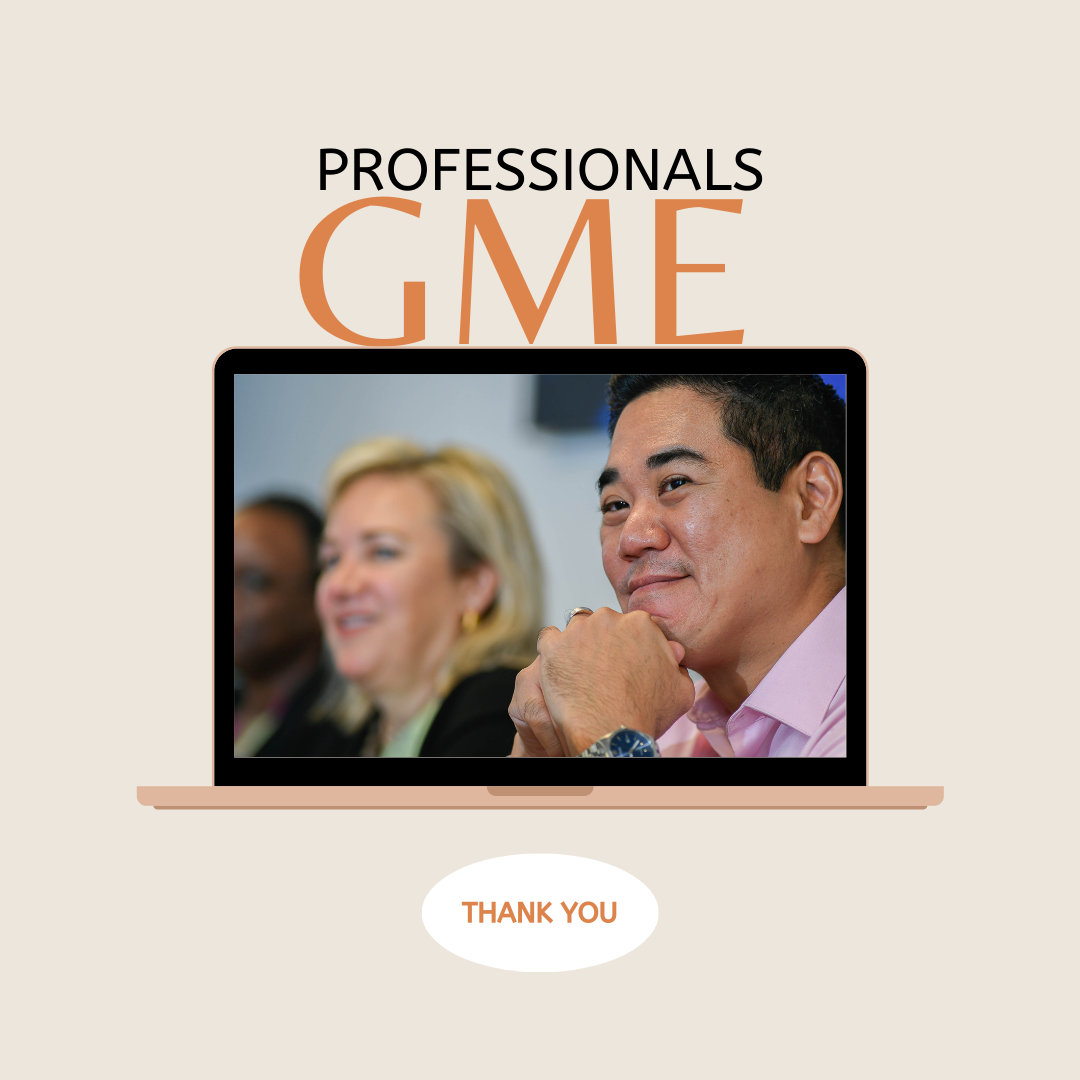In celebration of GME Professionals Day, we recognize the GME coordinators, managers, and administrators who work tirelessly to make residency programs a success. We took this opportunity to highlight the incredible accomplishments of Philadelphia College of Osteopathic Medicine (PCOM)’s GME Coordinator, Brenda Hoffman. Hoffman has been with PCOM for three years and is the coordinator for Hospice and Palliative Medicine and Geriatric Medicine. During that time, she was instrumental in getting both programs certified with the ACGME for Osteopathic Recognition. We had the chance to sit down with her to discuss her accomplishments and talk more about the importance of osteopathic distinction in GME.
What changes did you notice during the shift to ACGME’s single accreditation system?
I actually started working at PCOM right at the start of the application process for ACGME accreditation for the two fellowship programs for which I am the program coordinator: geriatric medicine and hospice and palliative medicine. It was a whirlwind of learning ACGME guidelines at the same time everyone else was, while also learning my new job! In the end, it was beneficial for me to not have a ‘before’ reference. The application process was actually a great opportunity to learn the ins and outs of both programs.
Does your program rely on score reporting for filtering applicants or are you adopting more holistic reviewing processes in anticipation of COMLEX-USA Level 1 going Pass/Fail?
Our program has always had a more holistic approach to reviewing applications in that we strongly consider many other attributes in candidates.
What other key attributes do your program directors look for to determine whether a candidate is a good fit for the program?
My program directors focus highly on the personal statements, letters of recommendation, activities, and volunteer work. There is an emphasis on service to older patients that goes beyond merely treating their medical complaints, so fellows must embody the characteristics of compassion and care.
How early in single accreditation did your program gain ACGME Osteopathic Recognition (OR)?
The programs became ACGME accredited in 2019 for the 2018-2019 academic year and received OR in 2021.
How does OR set your program apart from others in this specialty?
Most geriatricians and palliative medicine physicians who are trained osteopathically apply OMM principles throughout their entire assessment. It gives a more integrated approach to patient care. While osteopathic manipulative treatment is not appropriate for every patient, seeing the body as a self-regulating unit is a key OR principle seen in both geriatric and palliative medicine.
What is some advice you would give to COM students who plan to apply to an OR program?
You already have all the tools and knowledge that you need to succeed in any OR program! When interviewing for any program, make sure you are interviewing the program as well as letting them interview you. And most importantly, be extra nice to the program coordinator! They have more say in things than you might think.
What do you most enjoy about your role as a Program Coordinator?
Because I work with much smaller programs, I love that I get to work with each fellow very closely. We have the opportunity to cater the program to meet the needs and wants of each fellow, within reason. I enjoy helping to maintain a meaningful and impactful experience for every doctor that decides to spend a year in our fellowship programs.
Anything else you’d like to share about being a PC?
Program coordinators are such a key element to any residency or fellowship program. There is so much behind-the-scenes that goes into it to make sure programs are running as smoothly as possible and it could potentially go unrecognized. I am fortunate to feel appreciated in my programs and I work with an incredible team at PCOM! Go thank your PC today!

